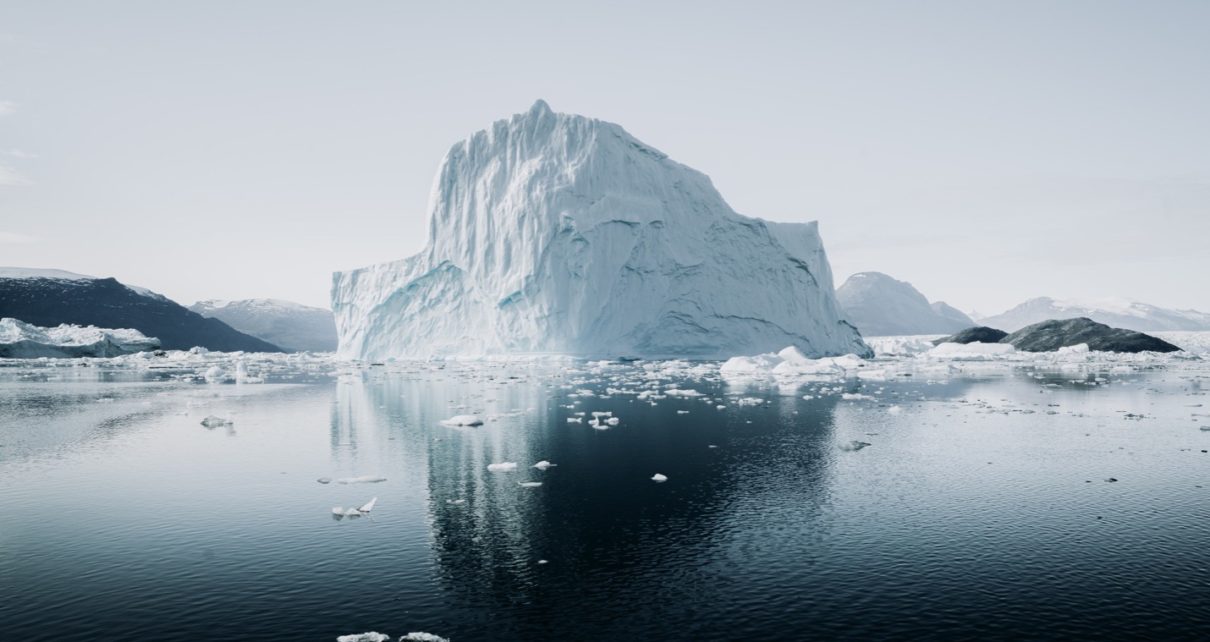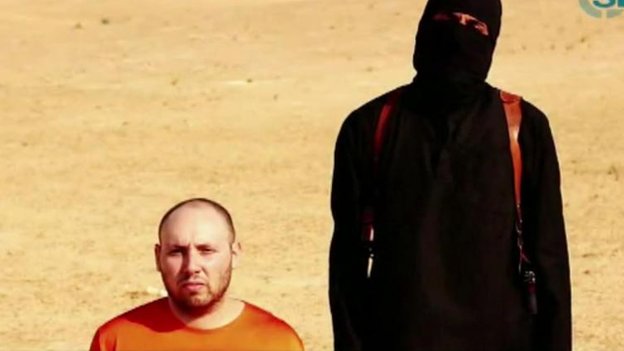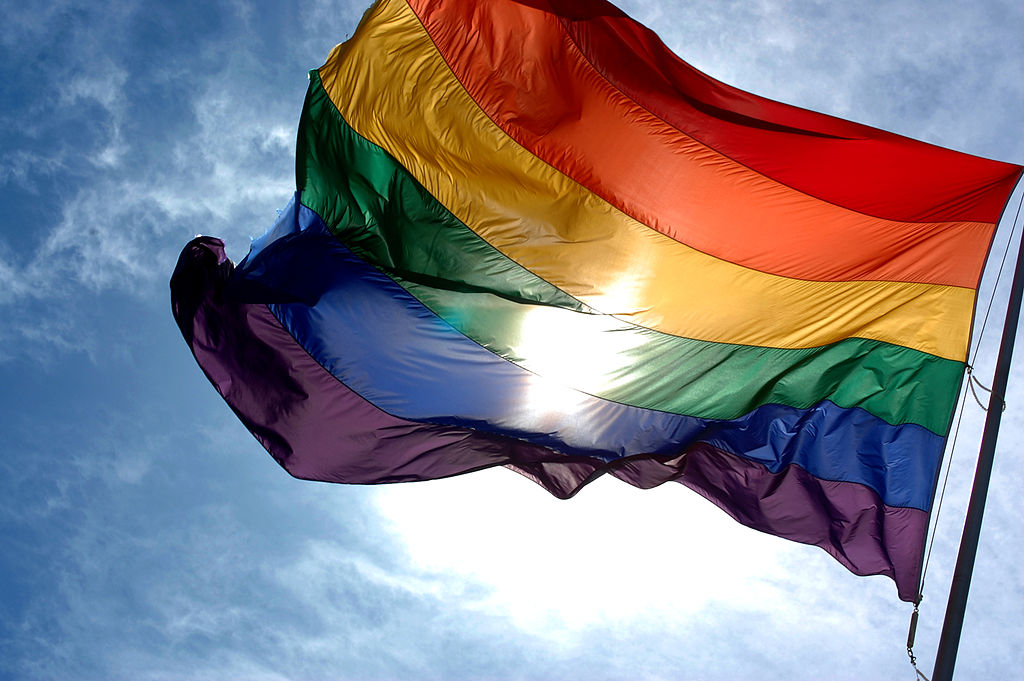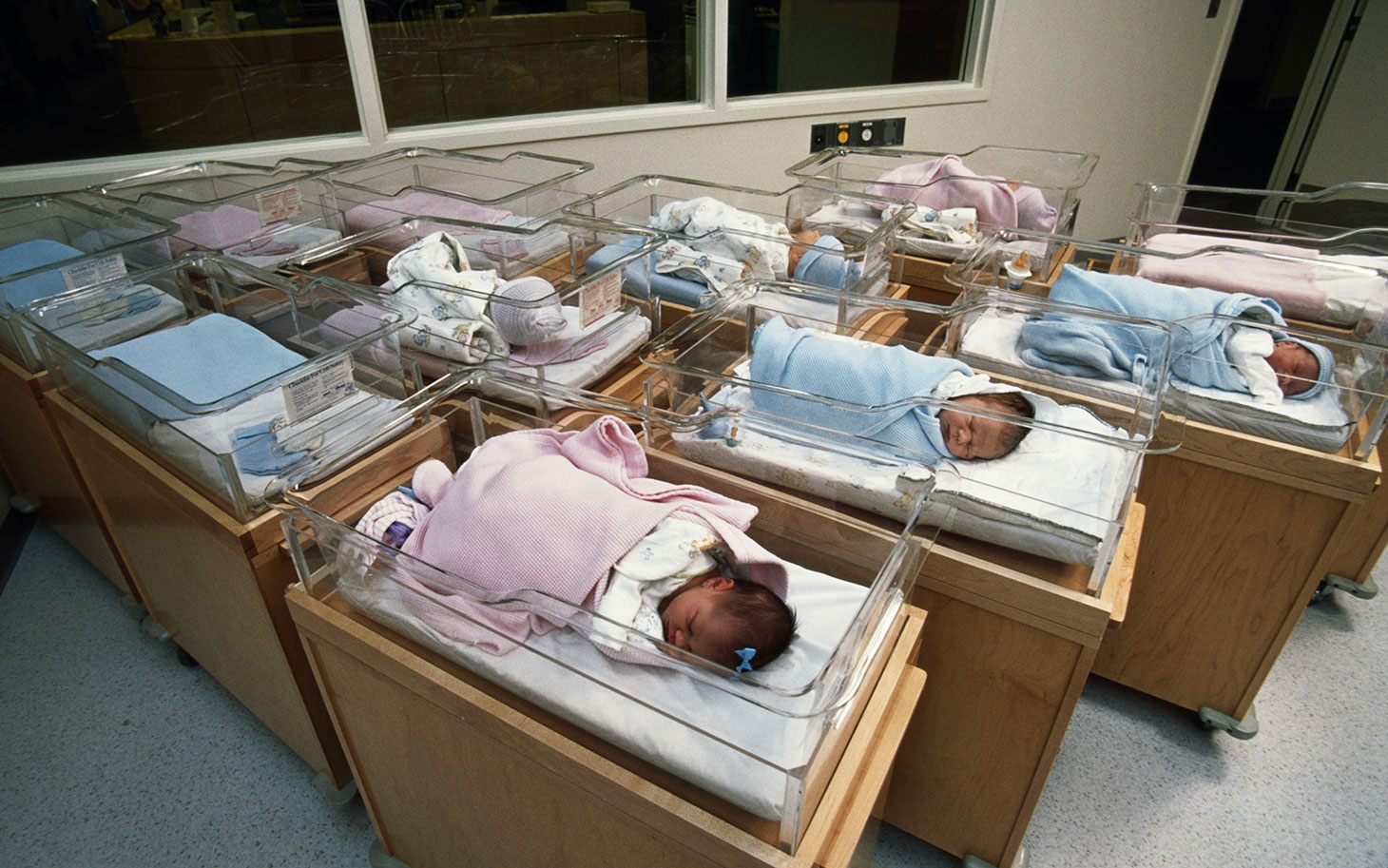In late August, 2022, Canada hosted NATO Secretary-General Jens Stoltenberg on a two-day visit to Alberta and Nunavut. He toured the Canadian High Arctic Research Station, the North Warning System Site, and met with First Nations leaders and CAF personnel. Prime Minister Justin Trudeau accompanied him on his visit and spoke about Canada’s commitment to NATO and defence. However, while the visit was amicable, Secretary-General Stoltenberg came with words of warning to Canada.
The first is that Ottawa needs to be mindful of its NATO spending targets. As Mr. Stoltenberg stated, while commending Canada on modernizing NORAD, “Other allies are also stepping up and started to invest more, we welcome that. But of course, I expect all of us, including Canada, to meet the commitments we all agreed to spend, two percent of GDP on defence.” The comment is a frank reminder that Canada still falls short of its spending goals. The second warning from Stoltenberg is that a conflict in the Arctic may be imminent, and Canada needs to be ready. These comments from the Secretary-General highlight two of the most pressing issues in the Canadian defence landscape and the need for Ottawa to improve Canada’s defence posture.
Stoltenberg’s comments are blunt but necessary, and underscore the problem of Canada’s need for broader defence capabilities. While Canada has been a leader in Operation UNIFIER’s capacity building mission in Ukraine, had a vital presence in Afghanistan for twenty years, and is working to modernize NORAD, Canadian defence capabilities are still insufficient to stand up to the impending challenge in the Arctic. Stoltenberg pointed out that Russia has recently set up an Arctic command and plans to test weaponry in the area. Furthermore, he points out that China is now trying to build a large icebreaker.
Despite these threats and the sluggishness with which Canada is confronting them, Ottawa has made some incremental improvements to its northern power-projection capabilities. The CAF has deployed 400 personnel, along with aircraft and vessels from the Royal Canadian Air Force and the Royal Canadian Navy, in recent Arctic military exercises in coordination with other NATO allies. Furthermore, the CAF maintains a year-round presence in the area as part of the Strong, Secure, Engaged national defence policy. “Secure” denotes the Canadian state being safely ensconced behind its continental battlements – including in the Far North. Nevertheless, its current capacities are not commensurate to the potential threats it could face there.
The issue for Canada is the proximity of non-NATO, adversarial countries to the Canadian Arctic and the claim that Canada has to sovereignty over the Northwest Passage. This claim is even disputed by some of Canada’s closest allies, including the United States. While it is unlikely that other NATO states would try to formally encroach on Canada’s sovereign claims to these territories, other, less friendly countries might. Russia’s invasion of Ukraine sets a new expectation of what grim fate awaits middle powers like Canada when major powers disregard international law. Canada has traditionally had a defence capacity that depends heavily on the United States, but that may not be tenable in the future. Canada’s increased presence in the Arctic may also spur Washington to take Canada’s claim to sovereignty in the area more seriously. Therefore, Canada needs to come to terms with the reality of its position and its tenuous foothold in the Arctic. Focusing more on defence spending and northern capabilities will help to prepare it for the likelihood of an international dispute in the area.
Cover Image: “Arctic Iceberg, Reflected,” November 29, 2018, by Annie Spratt via Unsplash. Public domain.
Disclaimer: Any views or opinions expressed in articles are solely those of the authors and do not necessarily represent the views of the NATO Association of Canada.




